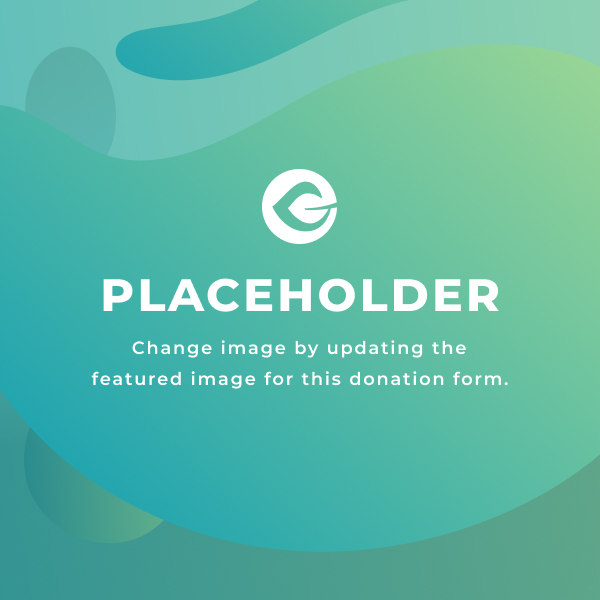
Support the Next Generation of Discovery
When you donate to the WHAM Edge Awards, you’re not just funding research—you’re investing in a healthier future for everyone.
Make a Gift Today

Women’s Health Research

Autoimmune Disease

Brain
Health

Cancer Research

Heart
Health
Why Now
A wave of canceled NIH grants has put lifesaving research at risk—especially in women’s health, where funding is already limited. WHAM is stepping up to ensure this critical work doesn’t stop. The Edge Awards will help researchers keep pushing forward—because discovery can’t wait.
And you can help.
We rely on you to support the science that can’t afford to stop.
The Edge Awards
The WHAM Edge Awards support early-career investigators pursuing groundbreaking research on sex-based differences in four critical areas: heart disease, brain health, autoimmune disease, and cancer.
These awards fill a vital gap in today’s research ecosystem. Early-stage researchers often struggle to secure funding without preliminary data or institutional backing—meaning bold, high-potential ideas are too often left behind.
Offered to members of the WHAM Research Collaborative, the Edge Awards provide the resources needed to move these promising ideas forward.These awards are designed to:
- Break down systemic funding obstacles
- Accelerate innovation in sex-based and women-focused research
- Drive progress in women’s health that improves outcomes for all
Why It Matters
Every major disease affects women differently or disproportionately—but most research still treats men as the default. Too often, research that could transform our understanding of these differences goes unfunded. By supporting early-stage investigators, the WHAM Edge Awards ensure that bold ideas are not left on the sidelines.
Women are greatly understudied and often disproportionately affected by diseases, including lung cancer, heart disease, and Alzheimer’s. By accelerating research into sex and biological differences, we can not only improve outcomes but reduce healthcare costs and boost the economy.
-Carolee Lee, WHAM Founder and CEO
Securing research funding is especially challenging for early-career scientists—yet this is when fresh ideas and new approaches are most critical. That’s why private investment isn’t optional—it’s essential. Equity doesn’t happen by chance. It happens by choice—by action, by sustained commitment. The time to act is now. This is personal. It affects you—your life, your family, your community—and the future of our healthcare system and economy.
Collaborative Organizations

Past Awardees
Examples of past research includes:
- Dr. Cecilia Lindestam Arlehamn, La Jolla Institute for Immunology
Studying T cell responses in Alzheimer’s and Parkinson’s, with a focus on how sex-specific immune responses may drive disease risk. - Dr. Leilah K. Grant, Brigham and Women’s Hospital
Exploring how time-restricted eating may reduce cardiovascular risk in perimenopausal women—an understudied, high-risk group. - Dr. Gaël Chételat, University of Caen-Normandy, BrightFocus Foundation
Developing sex-specific risk profiles and early diagnostic tools for Alzheimer’s disease to enable more personalized care. - Dr. Hilary Blumberg, Yale University
Examining whether sleep improvements in women lead to lower Alzheimer’s Disease and Related Dementias (ADRD) risk biomarkers. - Dr. Nicole Woitowich, Northwestern University Feinberg School of Medicine
Identifying variables associated with sex inclusion in COVID-19 research and analyzing findings through sex and gender-based reporting. - Dr. Michelle O’Donoghue, Harvard Medical School, Mary Horrigan Connors Center for Women’s Health Research at Brigham and Women’s Hospital
Identifying women at risk of heart disease and further delineating the underlying causal pathways that contribute to its development.
DONATE TO FUND LIFE-SAVING RESEARCH.
TAKE ACTION
Make a donation, join the community, or help us spread the word about WHAM and our work—every little bit helps, and we are deeply appreciative of your support.
Donate
Get the Report
Connect With Us
Tell the World
Sign Up for Our Newsletter
Donate to Women's Health Research
Women are 51% of the population but receive only a fraction of biomedical research funding. Sex differences are still often ignored, even in diseases that hit women hardest. Advancing sex-based research closes that gap, sparks innovation, and delivers more precise care for everyone. Support the future of health—for women, and for all.

This will close in 0 seconds
Donate to Autoimmune Disease Research
Four out of five Americans with autoimmune disease are women—40 million lives impacted—yet the science hasn’t kept up. In 2019, only 7 % of the NIH’s rheumatoid arthritis budget focused on women. Dedicated funding can pinpoint why women are so vulnerable and drive better diagnostics, therapies, and quality of life. Fuel research that will change lives.

This will close in 0 seconds
Donate to Brain Health Research
Women make up two-thirds of Alzheimer’s cases and are twice as likely to suffer depression—yet we still don’t know why. Targeted, sex-specific studies can reveal the biological and clinical differences that unlock earlier diagnosis, smarter treatments, and healthier minds. Your gift drives that discovery.

This will close in 0 seconds
Donate to Cancer Research
Most cancer studies still default to male models, overlooking critical sex differences in how cancers start, spread, and respond to therapy. Lung cancer now kills more women than breast, ovarian, and cervical cancers combined, and rates are soaring among young, non-smoking women. Boosting sex-based cancer research will reveal why—and lead to breakthroughs in screening, care, and survival. Help us accelerate that work.

This will close in 0 seconds
Donate to Heart Health Research
Heart disease is the No. 1 killer of women, but it remains underfunded, under-researched, and underdiagnosed. Nearly half of women over 20 have cardiovascular disease, pregnancy heart risks are widespread, and women are 50% more likely to die after a heart attack. Focused research can rewrite those odds—changing how heart disease is detected, treated, and prevented in women. Invest in saving women’s hearts.

This will close in 0 seconds
